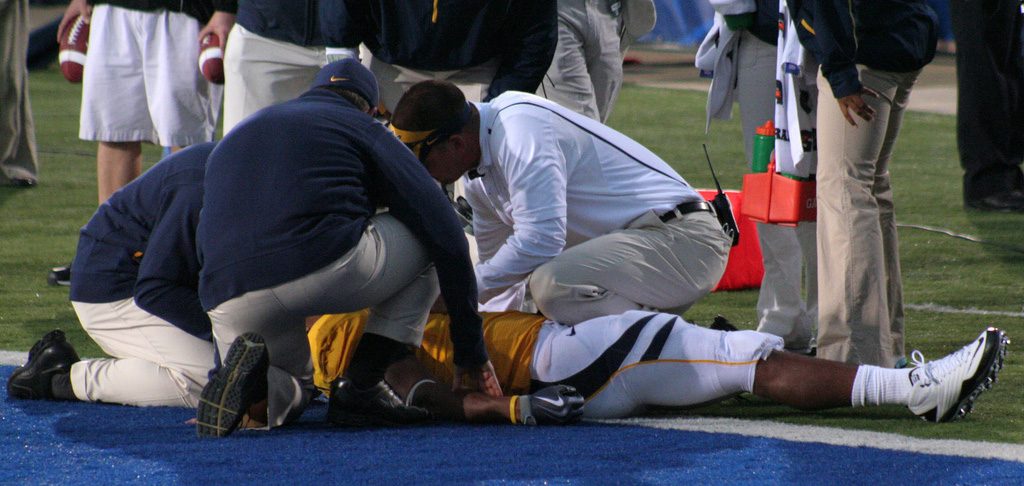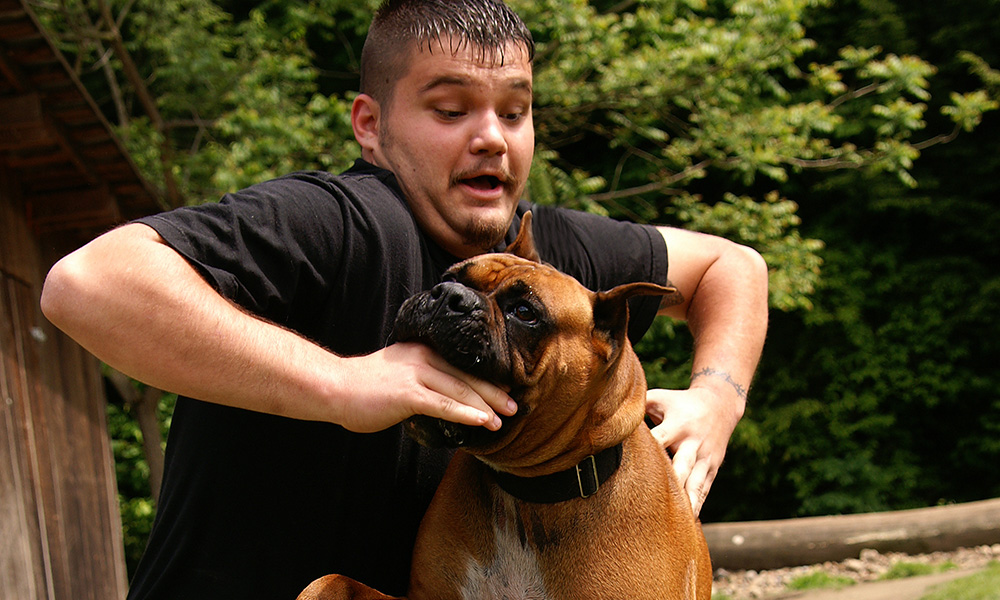If you are injured in an accident because another person was acting negligently, you have the right under California law to be fairly and fully compensated for your injury, your lost wages, and for all of your other injury-related losses and costs. In Southern California, injury victims will probably want to discuss their legal rights and options with an experienced Orange County personal injury attorney. But when an injury is genuinely minor, sometimes it may just be easier and more expedient for a victim to seek compensation independently, directly from the insurance company, and outside of the legal system.
After a genuinely minor injury caused by someone else’s negligence, if you choose to negotiate on your own for insurance compensation, contact the negligent party’s insurance company and fill out the necessary paperwork. If your claim is not challenged, and if you are sure that your reimbursement is adequate and fair, there is nothing wrong with negotiating directly and on your own. If you have contacted the insurance company, completed the forms, and presented adequate supporting documentation, the claim negotiation process will probably comprise nothing more than several phone calls and perhaps a meeting with an insurance claims adjuster.
HOW DOES THE NEGOTIATION PROCESS WORK?
However, even before you contact the insurance company, decide what you believe your claim is worth, and determine a minimum settlement figure that you will be willing to accept. This figure is for you – an absolute bottom line to keep in mind while negotiating – and you should never disclose it during your negotiations. In your first conversation with an insurance adjuster, it is likely that you will discuss the strengths of your claim and that the adjuster will attempt to point out any of its weaknesses.
Usually, an insurance adjuster will begin a claim settlement negotiation by offering you a settlement amount that is substantially below the amount you are claiming. The typical claimant will counter with a figure higher than the amount offered but lower than the original claim. Do not go under your minimum acceptable settlement figure. It may take several conversations with the adjuster to reach an agreement. Do not be in a hurry, and do not let the adjuster hurry or intimidate you. If the insurance adjuster brings forth some legitimate facts about your claim that you had not considered, you may have to readjust your claim figure.
WHAT IF THE FIRST OFFER IS FAR TOO LOW?
A first offer may be ridiculously low – the adjuster may simply be trying to gauge your reaction or trying to see if you are a pushover. Ask for the exact reasons why the offer is so low, take notes, and schedule a second conversation. You may want to consider or research the reasons you are given. On the other hand, if a first offer is more-or-less reasonable, make a counteroffer that is just slightly lower than your original claim. Just a bit more bargaining in good faith may take you quickly to an acceptable settlement.
You do not need to reiterate all of the facts regarding your claim every time you speak with the adjuster. It’s better to identify one or two of your strongest points – the insured party’s extreme negligence, or the extent of the pain you’ve suffered, for example – and re-emphasize those points occasionally. It also sometimes helps to make emotional points. For example, if an injury has prevented you from caring adequately for your children, mention that they have suffered too.
When you reach a final agreement, confirm it at once in a letter to the insurance adjuster. This letter should state the amount of the settlement, the injuries or other damages that are covered by it, and the date by which you expect to receive settlement documents from the insurance company. If you are injured in an accident, the insurance company should provide compensation quickly. When it doesn’t, consumers in California have the legal right to hold an insurance company accountable for unfair settlement practices.
WHAT IF THE COMPANY DOES NOT HONOR ITS COMMITMENTS?
When an insurance company does not honor its own commitments, a personal injury victim may have grounds to pursue an insurance bad faith claim. If you cannot get an insurance company to meet its obligation to you after several attempts at negotiation – or if the company agrees to pay you but never actually delivers – seek the advice of an experienced Orange County personal injury attorney. What the law in California calls “bad faith” happens when an insurance company handles your claim unfairly or negligently. Bad faith insurance practices include:
- continually asking for new information as a delaying tactic
- only offering to settle claims for a fraction of what they’re worth
- inexplicable delays
- giving you only disingenuous or false reasons for rejecting your claim
Bringing a bad faith claim against the insurance company is only one of your legal options. Often, hiring a lawyer with experience in insurance bad faith cases is all that it takes. When you pursue a bad faith claim with an attorney’s help, you can be reimbursed for both the original settlement amount you were denied along with any additional amount mandated by the court. If you need to be compensated for a personal injury, the last thing you want is a battle with an insurance company.
Every insurance company operates to earn profits, and profits are necessary, but they should be earned legitimately. No insurance company should be allowed to sidestep its obligations in order to boost profits. When a claim is denied, undervalued, or delayed for no good reason, it can cause genuine financial hardship for many personal injury victims. Of course, if you have been seriously injured because someone else was negligent, you should not even attempt to negotiate with an insurance company.
If you have sustained a serious injury, or if the facts are in dispute regarding even a minor injury, do not speak to an insurance adjuster or sign anything from an insurance company either. After an accident, signing a form provided by an insurance company may mean waiving legal rights that you’ll need in the future if your injury is serious. In most cases, it really is best to let an experienced personal injury lawyer handle an insurance settlement negotiation on your behalf.









